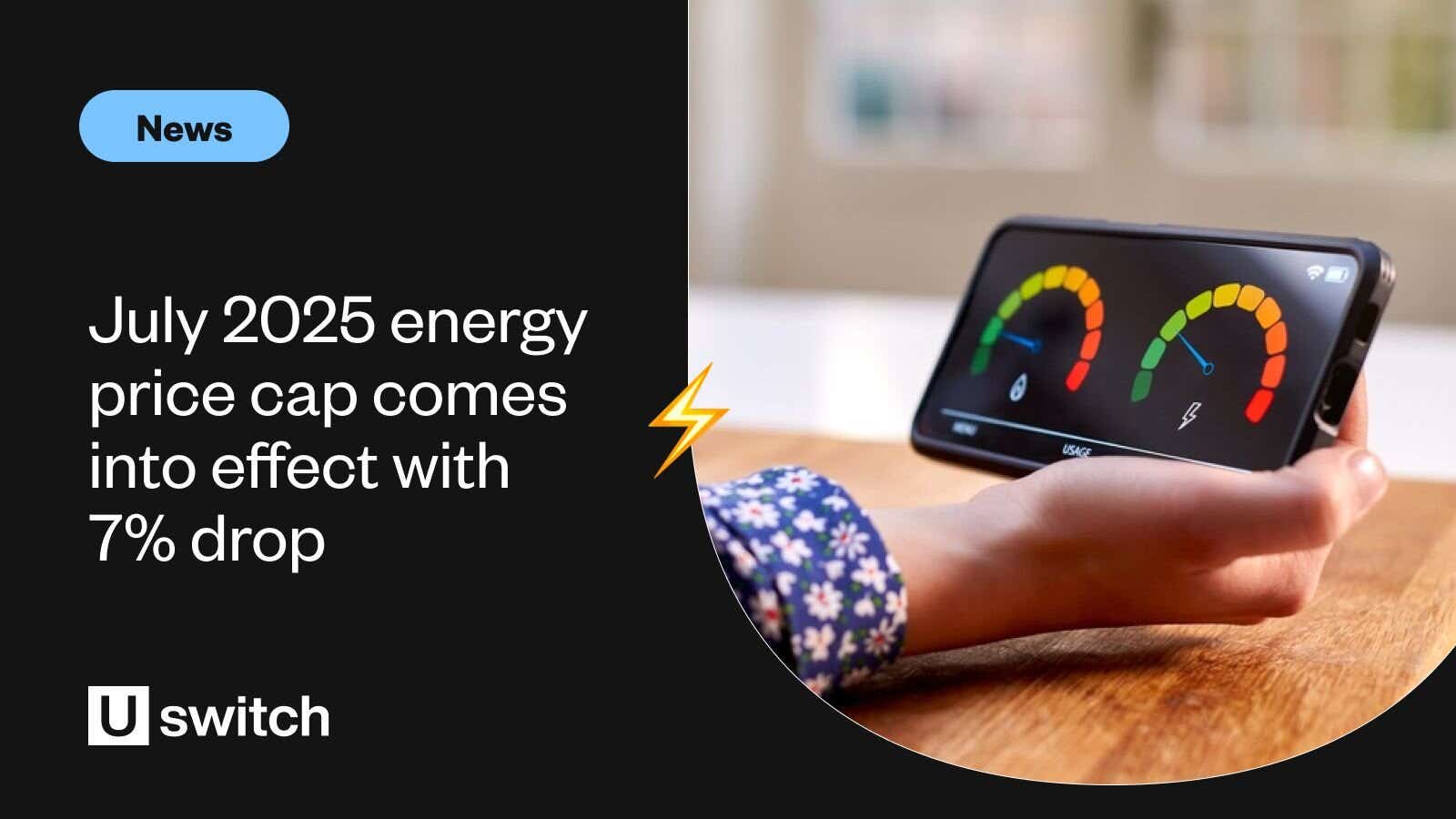Lower energy price cap comes into effect - but price hikes could be on the way


The new price cap comes into effect today, lasting from 1 July to 30 September. At £1,720 for an average household paying by Direct Debit, this is a significantly lower price cap than the price cap of £1,849.
This is good news for customers who aren’t on fixed tariffs as they’ll see their energy costs come down. However, there are still better savings to be had by switching to a fixed deal or a tracker tariff as opposed to being on a price-capped standard variable tariff.
The next price cap will be announced in August to come into effect in October. With global uncertainty causing wholesale prices to rise and fall by the day, it’s impossible to say whether the next price cap will be higher or lower than £1,720. However, experts are currently predicting that the next price cap will be higher at a time of year when our energy usage naturally increases.
Based on the information we have today, though, we advise the following actions depending on what kind of tariff you’re on.
What should I do about the price cap?
If you’re on a price-capped tariff (which could be called a “standard”, “variable” or “standard variable” tariff), you should run an energy comparison to see what fixed or tracker deals are available, because it’s almost certain you can save more even with the price cap coming down.
If you’re on a fixed deal, you probably don’t need to do anything (unless you’re in the final 49 days of your contract, in which case you should look at switching to a new fixed deal).
Should I get a tracker tariff?
If it looks like you could save with a tracker tariff, then it’s worth considering. Just be clear about where you’d be likely to save (i.e. potentially on a daily basis or via a discount below the price cap) and whether it has exit fees if you wanted to switch away from it.

Run an energy comparison
Click here to compare energy prices and get started on your energy switch.